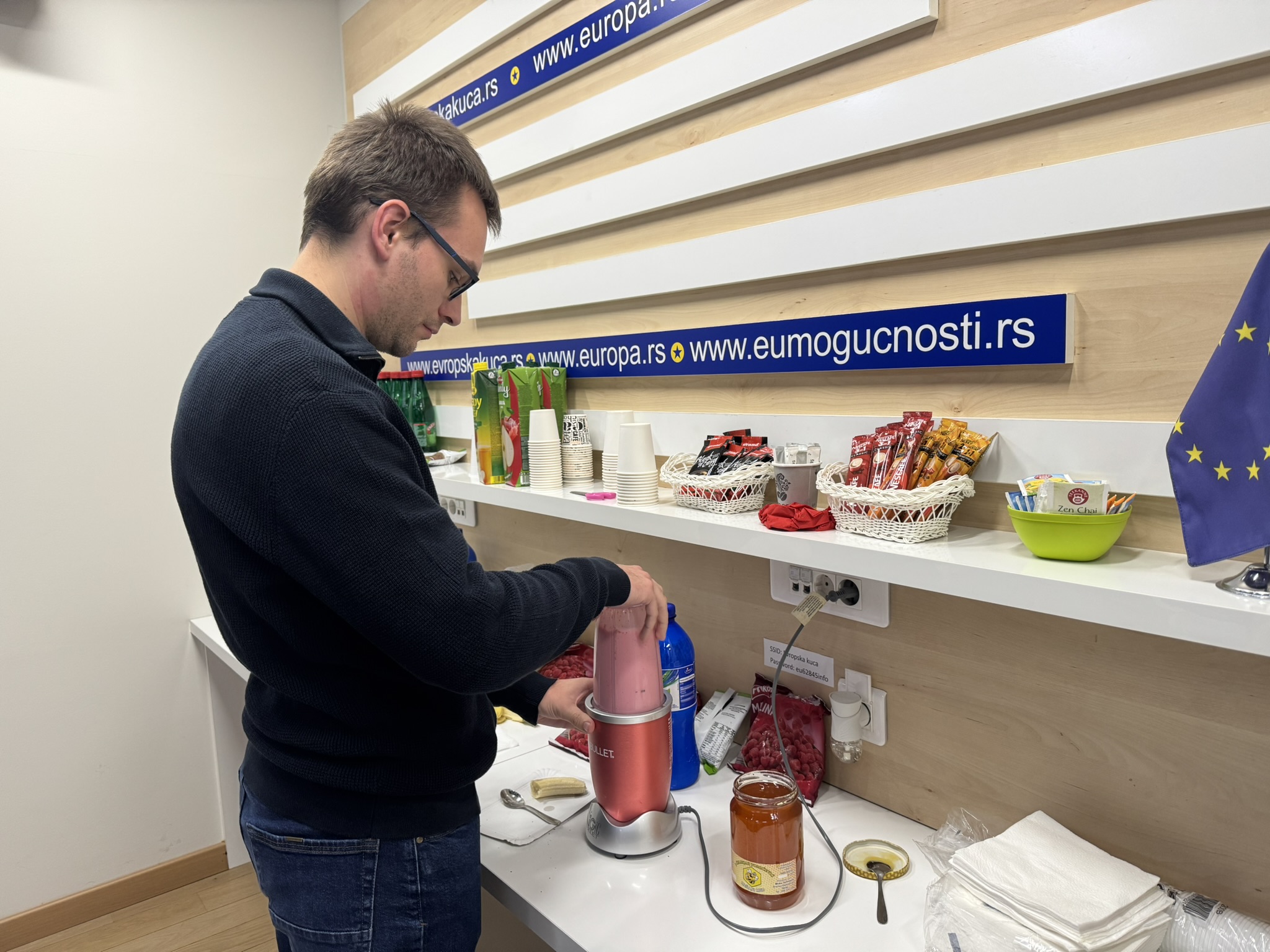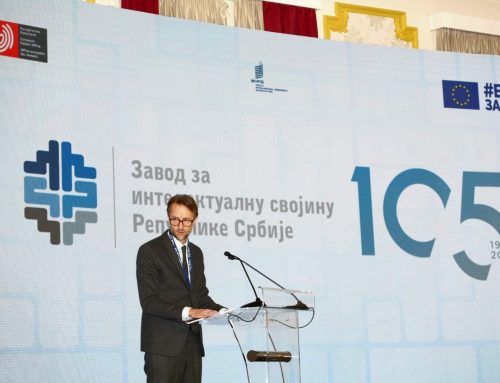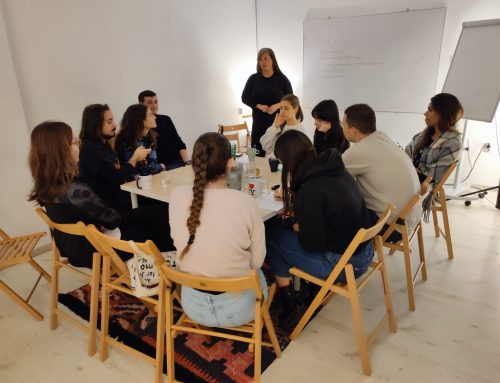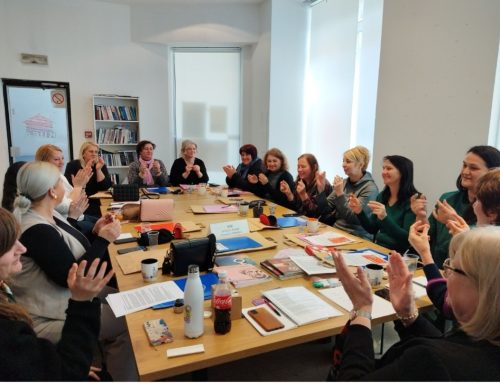In Serbia, bread is the food most commonly thrown away, while globally the largest share of waste comes from fruits and vegetables.
“Food waste is a global issue, but statistics show that we, as a nation, discard a significant amount of food. With 108 kilograms of edible products per person per year, we even rank ahead of the United States and China. For comparison, Slovenia throws away about 30 kilograms of food per person annually,” said Tamara Dapčević Hadnađev, project manager of ‘KORAK’ and Assistant Director for Science at the Institute in Novi Sad.
The Scientific Institute for Food Technology in Novi Sad held the lecture and workshop on 19th of November at the Europe House in Niš, using an interactive and educational format to highlight the importance of reducing food waste and promoting responsible consumption.
The event was organized as part of the project “KORAK – Toward Sustainable, Rational and Adequate Food Consumption”, and coincided with the European Green Diplomacy Week.
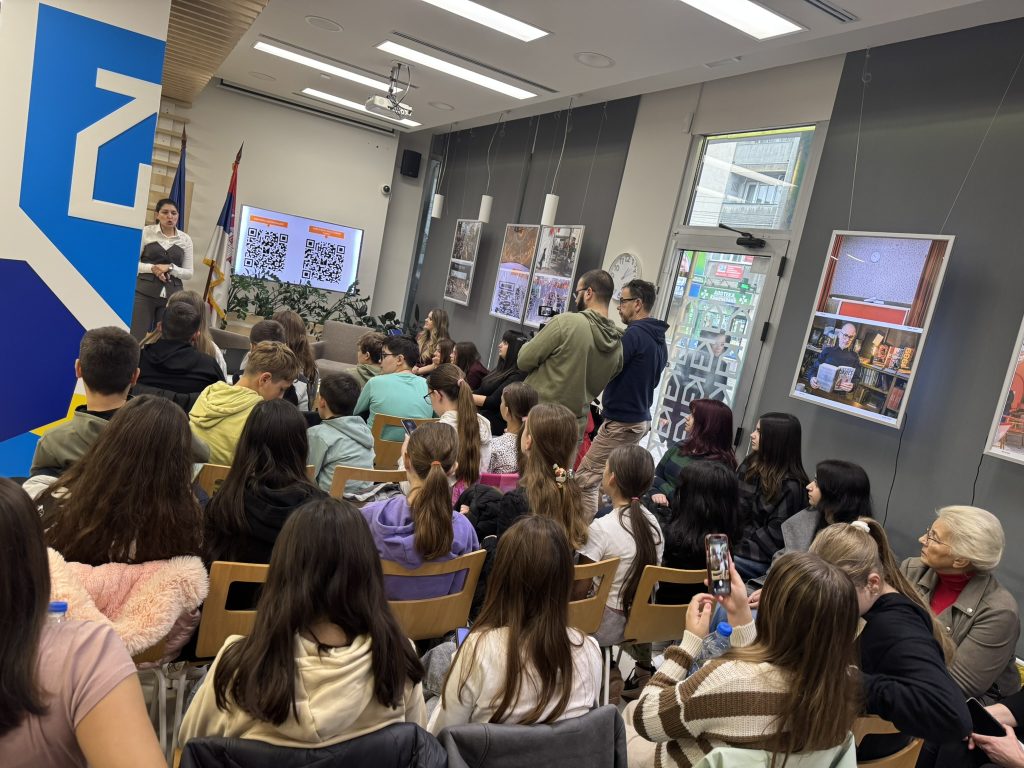
The largest losses in the entire food supply chain occur at the consumer level, making systemic education from an early age key to addressing this issue. Students from primary and secondary schools in Niš formed the largest audience at the workshop, where they were encouraged to adopt knowledge about rational and planned purchasing and consumption of food.
“What excites me about the new generations is their approach to rational food consumption. Today, we see that both households and restaurants are reducing portion sizes, which in turn reduces the amount of food being thrown away,” said Tamara Dapčević Hadnađev.
An interactive Menti quiz, featuring practical everyday scenarios and recipe ideas for leftover food, demonstrated that the youngest residents of Niš are well-informed about planning their purchases.
“We try to teach people to think about food, make shopping lists by first checking their home supplies, store food properly in the fridge according to cooling zones, and also give ideas on how to turn lunch leftovers into a new meal,” Dapčević Hadnađev explained.
A tasting session at the “Zero Waste Smoothie Bar” showcased how leftovers can be both healthy and delicious, demonstrating the use and consumption of ingredients that would otherwise have been discarded.
This event marks the start of a new cycle titled “The Future of Food: From Seed to Pixel – How Science, Technology, and Culture Shape Our Plate”, which the Europe House in Niš is organizing in collaboration with the Scientific Club of the Center for Professional Development in Niš.
The event is part of the 2025 European Green Diplomacy Week, held from November 14 to 25, in partnership with the “EU for Green Agenda in Serbia” project implemented by UNDP, and in cooperation with organisations and projects EU4Green, NATURED, IPA Adrion (programme), EBRD, RERI, City and Me, Discover Serbia, Coalition 27, Young Researchers, FINS, Youth Center Novi Sad, Beldocs/CineEuropa, and Society for Bird Protection and Study of Serbia, with the shared goal of inspiring citizens, promoting sustainable habits, and encouraging active engagement for a healthier, greener future.
The project EU for Green Agenda in Serbia, with the technical and financial support of the European Union and in partnership with the Ministry of Environmental Protection, is implemented by UNDP in cooperation with Sweden and the European Investment Bank (EIB), with additional funding provided by the governments of Sweden, Switzerland and Serbia.
The European Green Diplomacy Week is a global EU campaign that fosters cooperation in combating climate change and inspires climate action.

